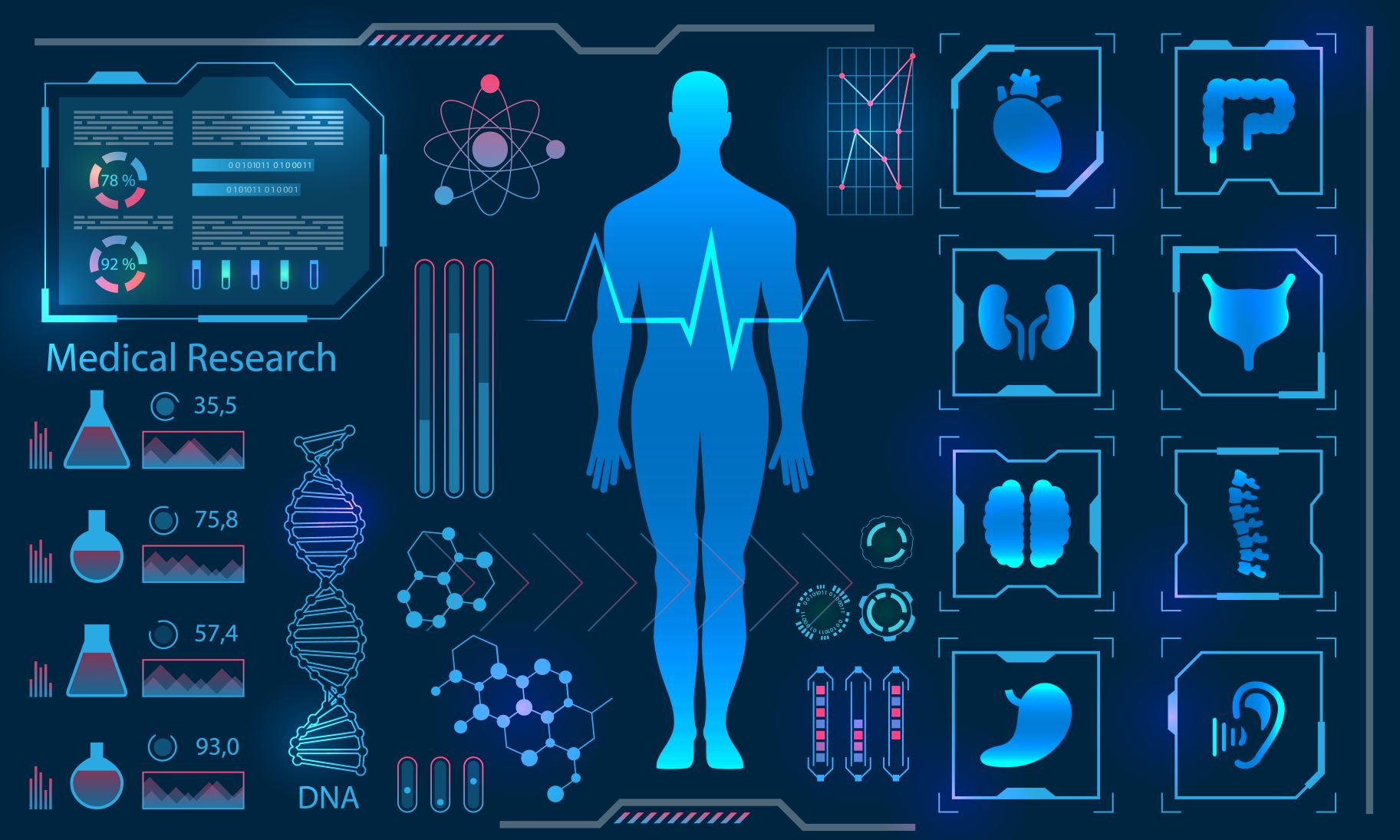Precision medicine and personalized treatment are two terms that are becoming increasingly popular in the healthcare industry.
Precision medicine refers to the use of individualized medical approaches to treat and prevent diseases, while personalized treatment refers to the tailoring of treatments to each patient based on their unique medical history, lifestyle, and genetic makeup.
These concepts are based on the understanding that every person is different and that a one-size-fits-all approach to medicine is no longer effective or appropriate.

Advancement of technology
The rise of precision medicine and personalized treatment can be attributed to several factors, including the advancement of technology, the growth of big data and genomic research, and the increasing recognition that genetics play a significant role in the development of diseases.
Precision medicine has been particularly effective in the field of cancer treatment, where it has revolutionized the way physicians diagnose and treat patients.
Accurate diagnoses
One of the most essential benefits of precision medicine is that it allows physicians to make more accurate diagnoses and develop more effective treatments.
By using advanced technology, such as genetic sequencing, doctors can identify specific mutations in a patient’s DNA that are contributing to the development of a particular disease. This information can then be used to develop treatments that target those specific mutations, leading to better outcomes for patients.
For example, in the case of cancer, precision medicine has led to the development of targeted therapies that can effectively treat cancer while minimizing the side effects associated with traditional chemotherapy.
These targeted therapies work by targeting specific proteins or enzymes that are unique to the cancer cells, rather than attacking healthy cells as well. This leads to more effective treatments with fewer side effects, allowing patients to maintain a better quality of life.
Customized approach to care
Another benefit of precision medicine and personalized treatment is that it enables physicians to provide patients with a more customized approach to care.
This approach is based on the unique needs and characteristics of each patient, taking into account their medical history, lifestyle, and genetic makeup. For example, personalized treatment may involve a combination of lifestyle changes, such as diet and exercise, along with medication and other therapies, based on the specific needs of the patient.
The use of precision medicine and personalized treatment has also been shown to reduce healthcare costs in the long run. By using advanced technology to make more accurate diagnoses, physicians can avoid prescribing unnecessary or ineffective treatments.
In addition, by using treatments that are tailored to the specific needs of each patient, healthcare providers can reduce the risk of adverse reactions and minimize the need for additional treatments.

Need for greater collaboration
One of the main challenges in implementing precision medicine and personalized treatment is the need for greater collaboration between healthcare providers, researchers, and patients.
This collaboration is essential to gather the necessary data and information to inform the development of personalized treatments. Additionally, there is a need for investment in technology, research, and infrastructure to support the development and implementation of precision medicine.
Greater education and awareness
Another challenge is the need for greater education and awareness among patients and the general public. Precision medicine and personalized treatment are relatively new concepts, and many people may not fully understand the benefits and limitations of these approaches.
It is important to educate patients and the general public about these concepts so that they can make informed decisions about their healthcare.
Privacy and the security
However, despite the many benefits of precision medicine and personalized treatment, there are also ethical and societal considerations to keep in mind.
One of the biggest concerns is privacy and the security of personal health information. As more and more genetic data is collected and analyzed, there is a risk that this information could be used for purposes other than patient care, such as insurance discrimination or employment discrimination.
Unequal access
Another ethical concern is the potential for unequal access to precision medicine and personalized treatment. For example, those who are unable to afford genetic testing or who do not have access to advanced technology may be at a disadvantage. This could lead to further disparities in healthcare and contribute to existing inequalities in access to care.
To address these and other ethical concerns, it is important to establish clear guidelines and regulations for the use of precision medicine and personalized treatment. This may involve creating standards for data privacy and security, as well as ensuring that these treatments are made available to all individuals, regardless of their socioeconomic status.

Greater transparency and education
In addition, there is a need for greater transparency and education about the limitations of precision medicine and personalized treatment. For example, while genetic testing can provide valuable information, it is not a guarantee of a cure. It is important to educate patients and healthcare providers about the limitations of these treatments and the need to approach them with caution and a critical eye.
Finally, it is important to consider the social and economic implications of precision medicine and personalized treatment. As these approaches become more prevalent, it is possible that they could lead to the elimination of certain jobs and industries, such as those that rely on the mass production of drugs and treatments.
At the same time, the growth of precision medicine and personalized treatment could lead to the creation of new industries and job opportunities, such as those related to the development and implementation of advanced technology.
Conclusion
Precision medicine and personalized treatment represent a significant advancement in the field of healthcare. By providing individualized approaches to treatment and care, these concepts have the potential to improve outcomes for patients and reduce healthcare costs.
However, as with any new and rapidly developing field, it is important to approach precision medicine and personalized treatment with caution and a critical eye, considering the ethical, social, and economic implications of these approaches.
Precision medicine and personalized treatment represent the future of healthcare. By using advanced technology and data to inform medical decision-making, physicians can provide patients with more effective and individualized treatments, resulting in better outcomes and a higher quality of life.
While there are challenges to be addressed in the implementation of these approaches, the benefits to patients and the healthcare system as a whole make it clear that precision medicine and personalized treatment are the way forward.























